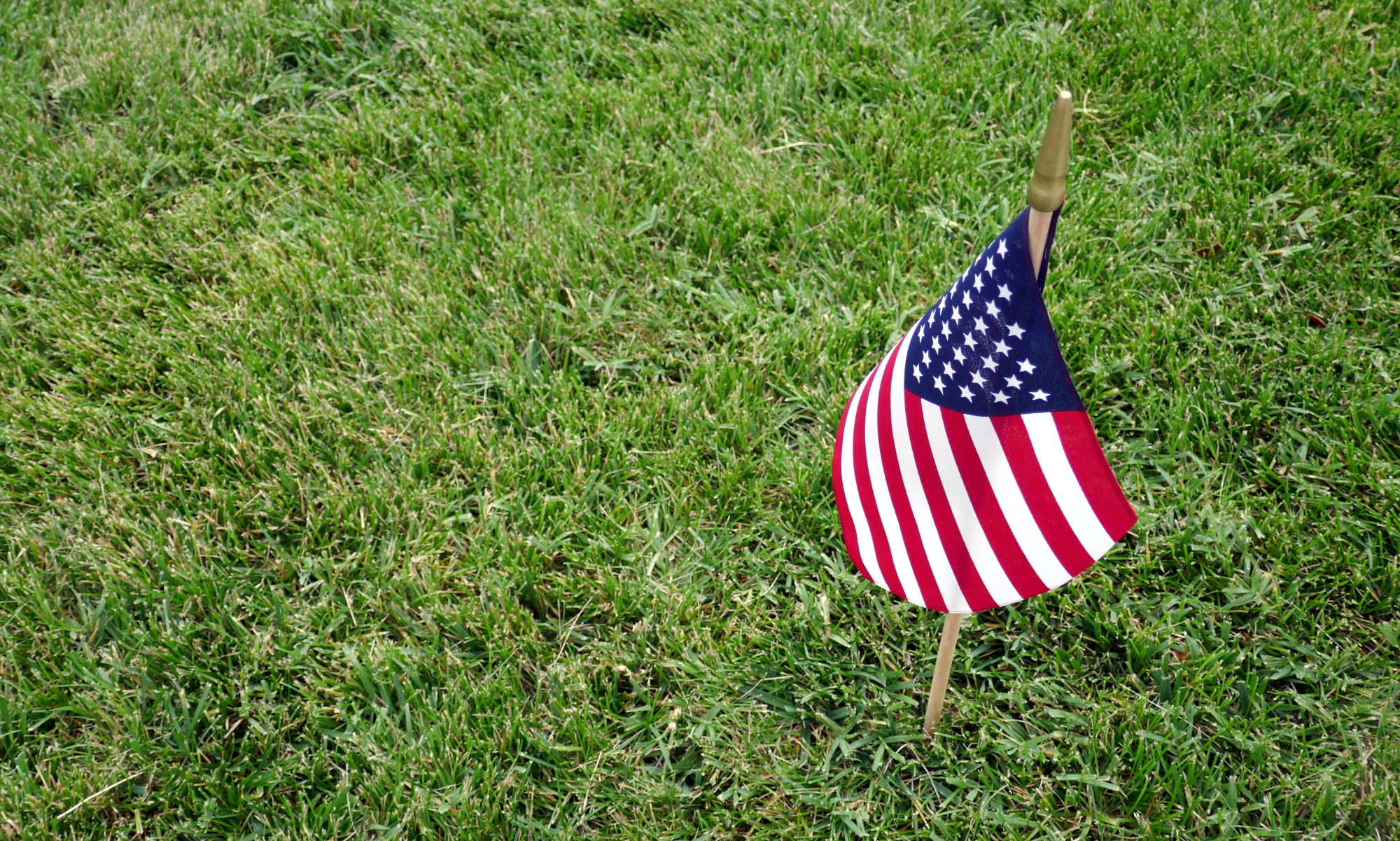by Zeina
Although Donald Trump’s latest anti-Muslim tweets elicited criticism from some sectors of American society, it is clear that people have come to expect this type of pejorative opinion from the president. Many seem to have decided, perhaps in a resigned fashion, to dismiss his disparaging tweets about African Americans, women, Native Americans, Muslims, Jews, LGBTQ folks, and more, with responses like “There he goes again,” or “He’s just not going to change”—and the conversation falters. But what is happening is that Trump is succeeding in normalizing hate speech about minorities. He has given license to racists, misogynists, and many who are prejudiced against religious, ethnic, LGBTQ, disabled, and other minorities to speak up and spew their hate in the media, at rallies, and in their local communities.
In his election victory speech in November 2016, Trump asserted, “I will be president for all Americans.” We now see that his words and his deeds are, too often, hypocritical and disingenuous.
The latest flap involves Trump retweeting anti-Muslim propaganda videos posted by Britain First, a British ultranationalist hate group. British Prime Minister Theresa May characterized this fringe group as seeking “to divide communities by their hateful narratives that peddle lies and stoke tensions.” Meanwhile, the former head of the Ku Klux Klan, David Duke, praised Trump’s actions.
It is stunning to think that such ideas have pervaded the echelons of power in the United States, all the way up to the president—one who has a consistent history of Islamophobic and anti-Muslim statements and actions. This has heightened the stereotyping of Muslims in this country as the violent Other, the unwelcome terrorist.
Psychology tells us that stereotyping leads to prejudice, which then leads to discrimination. The history of the treatment of African Americans in the United States is an example of these linkages and underscores the painful reality of the course of hatred. American Muslims are now in the hot seat, along with other minorities. The latest discriminatory practice by the Trump administration is the infamous “Muslim ban,” where residents of several Muslim majority countries are now prohibited from entering the United States.
The president’s retweets caused consternation internationally as well as nationally. The executive director of the Council on American Islamic Relations (CAIR), an American Muslim civil liberties and advocacy organization, said that, “President Trump’s actions are putting the lives and safety of American Muslim children and families at risk.”
CAIR defines Islamophobia as “a close-minded hatred, fear or prejudice toward Islam and Muslims that results in discrimination, marginalization and oppression.” Muslim men, women, and children are affected as well as “those who share characteristics that have been racialized as ‘Muslim’” such as Sikhs, Christian Arabs, and others. Islamophobia dehumanizes Muslims and “their heterogeneous cultures, beliefs, customs and practices.” It originates in and is stoked by the media, political rhetoric, violent extremists who purport to act in the name of Islam, American foreign policy, and powerful hate groups, like the influential Islamophobia network.
In Virginia, almost 46 percent of the state’s population (about 8.4 million) identifies as affiliated with a religion, and of those, 2.52 percent identify as Muslims. This means that there are approximately 97,000 Muslims in our state. These are our colleagues and friends and neighbors and we must support them. At the same time, we have to understand that active anti-Muslim hate groups have proliferated in the United States; statistics from 2016 show that their numbers have spiked. They are now operating from nearby places like Leesburg, Vienna, Henrico, and Virginia Beach. Although notions of white supremacy and Islamophobia have been around for a long time, there is no doubt that their adherents have been emboldened to organize and act by Trump and his supporters.
Our work in Grassroots Alexandria is more important now than ever, especially as we stand as allies to vulnerable communities in Virginia. We can help by learning what they need from us, creating awareness of injustices, being proactive in our advocacy efforts, and continuing to work intersectionally. White supremacy and racism, anti-Semitism, Islamophobia, and, unfortunately, a host of other far-right and fascist ideologies are growing in our midst. We must remain vigilant, active, and united. We cannot let this become a normalized part of our society. We and our local political leaders must respond loudly.

